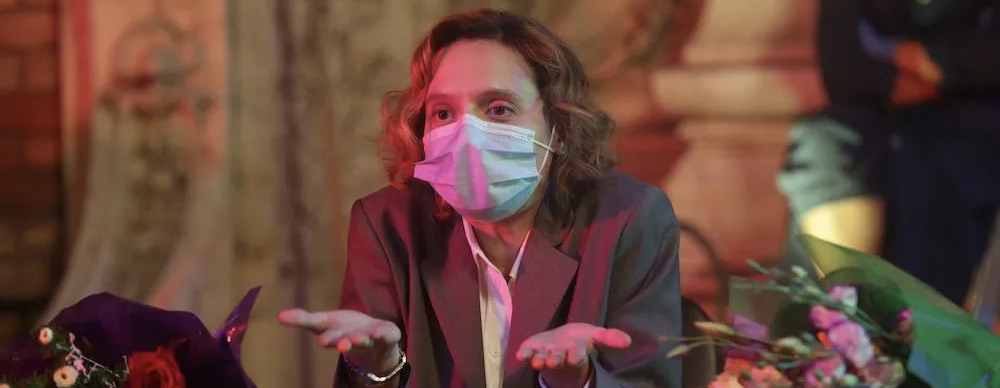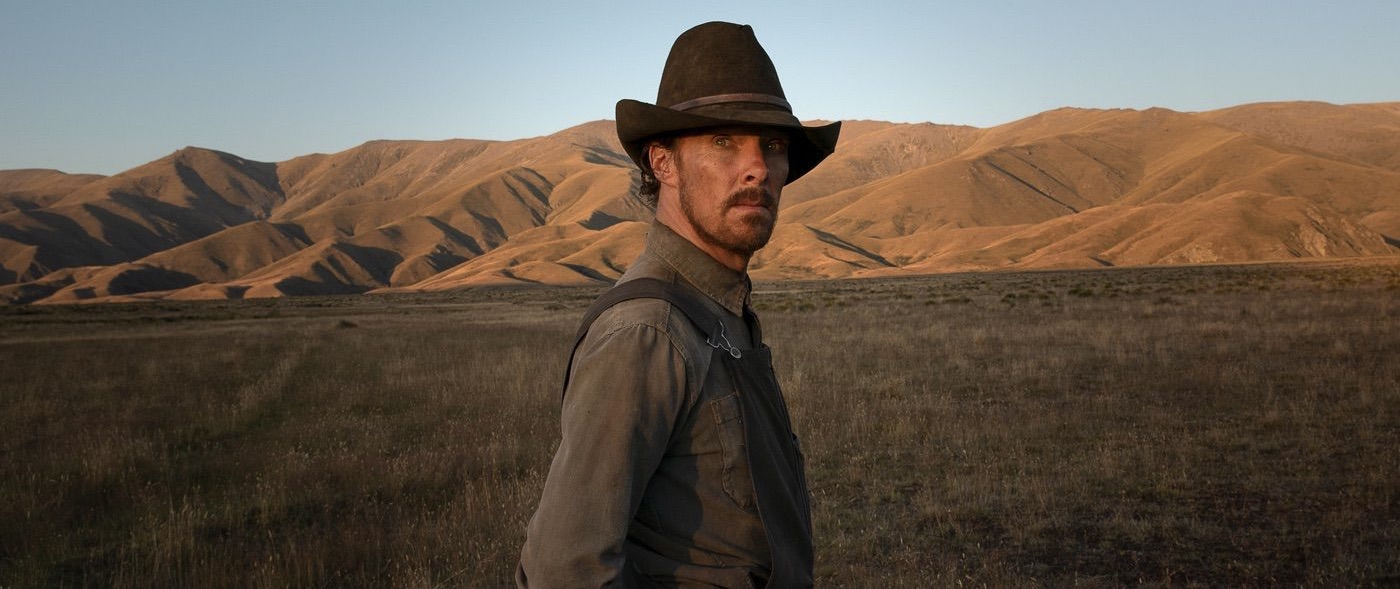Bad Luck Banging or Loony Porn
by George Wolf
If you think the word “porn” in the title is just for effect, the first few minutes of Bad Luck Banging or Loony Porn will be a hardcore surprise.
We first meet Romanian married couple Emi (Katia Pascariu) and Eugen (Stefan Steel) as they’re ignoring knocks on the bedroom door to record their spirited relations on home video. They’re consenting adults, so fair enough.
Well, maybe not so fair enough. Emi is a teacher at a prestigious school in Bucharest and when her frisky business footage winds up online, some parents loudly cry foul. But Emi is defiant, and as she’s subjected to a public hearing about her “sins,” writer/director Radu Jude makes it the centerpiece of a wildly audacious, funny and free-flowing diatribe against hypocrisy and the rise of meanness.
Jude divides the narrative into chapters, and doesn’t waste much time in Part 1 worrying about how the tape became public in the first place. Emi’s plight is more a situation than a story and for Jude, the point is the aftermath.
But before Emi faces her critics, Jude breaks away for “a short dictionary of anecdotes,” filling his second act with a series of definitions, archival reels, and meme-worthy examples of everything from racism to explicit oral sex. Subtle, it isn’t, which Jude readily acknowledges by following the word “metaphor” with a child’s game that essentially grabs toy fish from a barrel.
And by the time Emi’s hearing plays out as an Act 3 “sitcom” with multiple endings going off various rails, you’ll be amazed by how much this Romanian import reminds you of any number of heated arguments here at home. Subjects such as FOX News and George Soros are thrown around while the matter at hand quickly devolves into wild conspiracy theories and whataboutism where “the more idiotic the opinion, the more important it is.”
Jude has some strong views of his own, about modern life and how cinema should best reflect it. He doesn’t hold much back in Bad Luck Banging or Loony Porn, a film that leans into its absurdity for a boldly extreme and worthwhile declaration.












